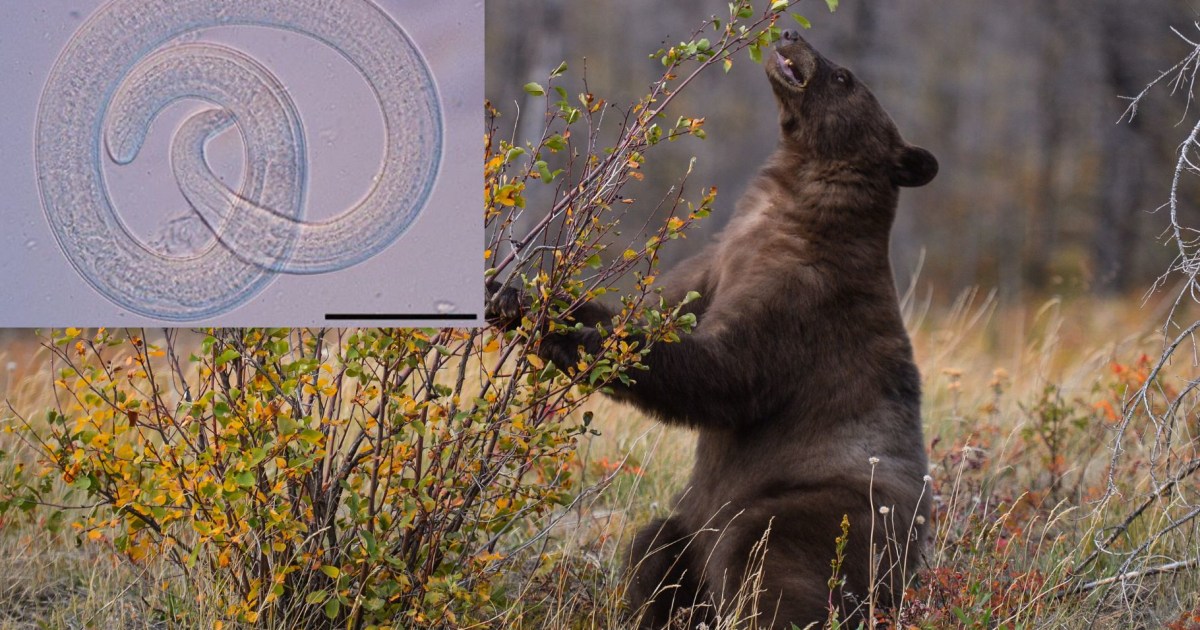Understanding Parasitic Brain Infections
Recent cases of parasitic infections have brought to light the severity and variety of such diseases. Presidential candidate Robert F. Kennedy Jr. recently disclosed that he once battled a parasitic brain infection. His case, caused by neurocysticercosis, a condition resulting from pig worm larvae or contaminated water, is rare but highlights the global prevalence of such diseases. Neurocysticercosis can lead to seizures, headaches, vision problems, dizziness, psychosis, or even death, with 1,000 to 2,000 Americans hospitalized annually.
In another instance reported by the Centers for Disease Control and Prevention (CDC), six family members from different states—South Dakota, Arizona, and Minnesota—contracted trichinellosis after consuming undercooked black bear meat. The meat was initially frozen to kill parasites but was not adequately cooked when served, leading to severe symptoms like fever, muscle aches, and swelling around the eyes. Molecular testing identified the larvae as Trichinella species, native to North America.
Global Reach of Parasitic Infections
Kennedy's experience underscores the risks associated with international travel and environmental advocacy work, as he contracted the parasite during his extensive travels in Africa, South America, and Asia. This infection left a lasting impact on his health before it was resolved. Kennedy has emphasized that he is now in solid physical and mental health, but his story serves as a cautionary tale about the dangers posed by parasitic infections.
The CDC has issued guidelines advising that only proper cooking can reliably kill parasites in wild game meat, stressing the importance of fully cooking such meats to prevent contamination and spread of diseases.
The Broader Impact of Parasitic Infections
The varied impact of parasitic infections is highlighted by these isolated yet significant cases. While Kennedy baffled many with his revelation of a now-resolved parasitic infection, the family members who enjoyed a communal meal faced immediate and severe health issues. The CDC's report serves as a stark reminder of the risks associated with consuming undercooked wild game meat and underscores the need for proper food safety measures.
These incidents bring attention to the broader issue of parasitic infections and their global impact, from remote family gatherings in North America to high-profile public figures who travel extensively. Awareness and prevention are key to combating these hidden yet dangerous threats.
- Parasitic infections are not confined to any single region and can affect people worldwide, showcasing the importance of global health awareness.
- Proper cooking techniques and food safety measures are essential to prevent the transmission of parasites, particularly in regions where wild game meat is consumed.
- The CDC's guidelines on food safety can be a vital resource for those who hunt and prepare their game meat, ensuring they follow best practices to prevent infections.
- Robert F. Kennedy Jr.’s transparency about his past health condition can help in destigmatizing parasitic infections and encourage others to seek timely medical care.






